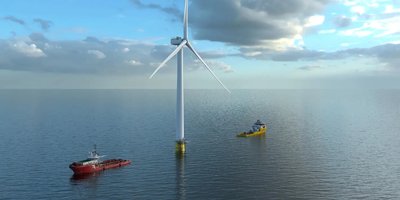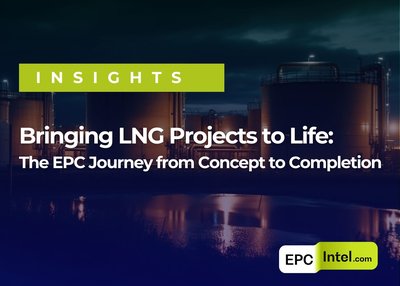EPC (Engineering, Procurement, and Construction) projects in the energy sector involve a wide array of supply chain participants. Each participant plays a crucial role in ensuring the successful completion of these complex projects.
Below is a detailed list of the key supply chain participants involved in energy sector EPC contracts:
1. Client/Owner
Role: The entity that commissions the project and provides the financial resources.
Responsibilities: Defines project scope, objectives, and specifications; selects the EPC contractor; oversees project progress.
2. EPC Contractor
Role: The primary entity responsible for the overall execution of the project, integrating engineering, procurement, and construction activities.
Responsibilities: Project management, design, procurement of materials and equipment, construction, commissioning, and handover.
3. Engineering Consultants
Role: Provide specialized engineering services and expertise.
Responsibilities: Conduct feasibility studies, design and plan the project, perform detailed engineering work.
4. Procurement Specialists
Role: Manage the acquisition of all necessary materials, equipment, and services.
Responsibilities: Sourcing, negotiating contracts, managing supplier relationships, logistics coordination.
5. Equipment Manufacturers
Role: Supply the essential machinery and equipment needed for the project.
Responsibilities: Manufacture and deliver equipment such as turbines, generators, drilling rigs, solar panels, etc.
6. Material Suppliers
Role: Provide raw materials and components required for construction.
Responsibilities: Supply steel, concrete, piping, electrical components, and other construction materials.
7. Construction Contractors
Role: Execute the physical construction of the project.
Responsibilities: Site preparation, civil works, structural assembly, mechanical and electrical installations, commissioning.
8. Subcontractors
Role: Perform specialized tasks within the larger construction project.
Responsibilities: Provide services such as electrical wiring, plumbing, HVAC installation, scaffolding, and other specialized trades.
9. Logistics Providers
Role: Manage the transportation and delivery of materials and equipment.
Responsibilities: Coordination of shipping, customs clearance, warehousing, and on-site delivery logistics.
10. Inspection and Testing Agencies
Role: Ensure quality control and compliance with standards and regulations.
Responsibilities: Conduct inspections, testing, and certification of materials, equipment, and construction work.
11. Regulatory Authorities
Role: Oversee compliance with legal, environmental, and safety regulations.
Responsibilities: Issue permits, conduct audits, enforce regulations, and ensure project adherence to local, national, and international standards.
12. Financial Institutions
Role: Provide the necessary funding and financial services for the project.
Responsibilities: Offer loans, guarantees, and other financial instruments; manage project financing and risk assessment.
13. Legal Advisors
Role: Provide legal support and ensure contractual compliance.
Responsibilities: Draft and review contracts, handle disputes, ensure compliance with legal and regulatory requirements.
14. Environmental Consultants
Role: Advise on environmental impacts and sustainability practices.
Responsibilities: Conduct environmental impact assessments, develop mitigation strategies, monitor environmental compliance.
15. Insurance Providers
Role: Offer insurance coverage to mitigate risks associated with the project.
Responsibilities: Provide policies for construction risk, liability, property damage, and other project-specific risks.
16. Technology Providers
Role: Supply advanced technology and software solutions.
Responsibilities: Provide engineering software, project management tools, automation systems, and other technology solutions to enhance project efficiency.
17. Skilled Labor Force
Role: Execute various tasks and operations throughout the project lifecycle.
Responsibilities: Provide skilled tradespeople such as engineers, technicians, welders, electricians, and other laborers essential for construction and operation.
18. Community Stakeholders
Role: Local communities and groups impacted by the project.
Responsibilities: Engage in consultation processes, provide local knowledge, and sometimes participate in project-related employment and services.
Conclusion
The successful execution of EPC projects in the energy sector relies on the coordinated efforts of these diverse supply chain participants. Each plays a pivotal role in ensuring that projects are completed efficiently, on time, and within budget while adhering to the highest standards of quality and safety. Understanding the contributions and responsibilities of each participant helps in appreciating the complexity and collaborative nature of these large-scale projects.
The energy sector EPC market is vast, so identifying and targeting sales opportunities for supply chain participants takes significant time and effort. The EPCIntel.com database provides companies with a head start in their sales process.
For more detailed insights and to explore how EPC Intel supports supply chains, visit www.epcintel.com.




